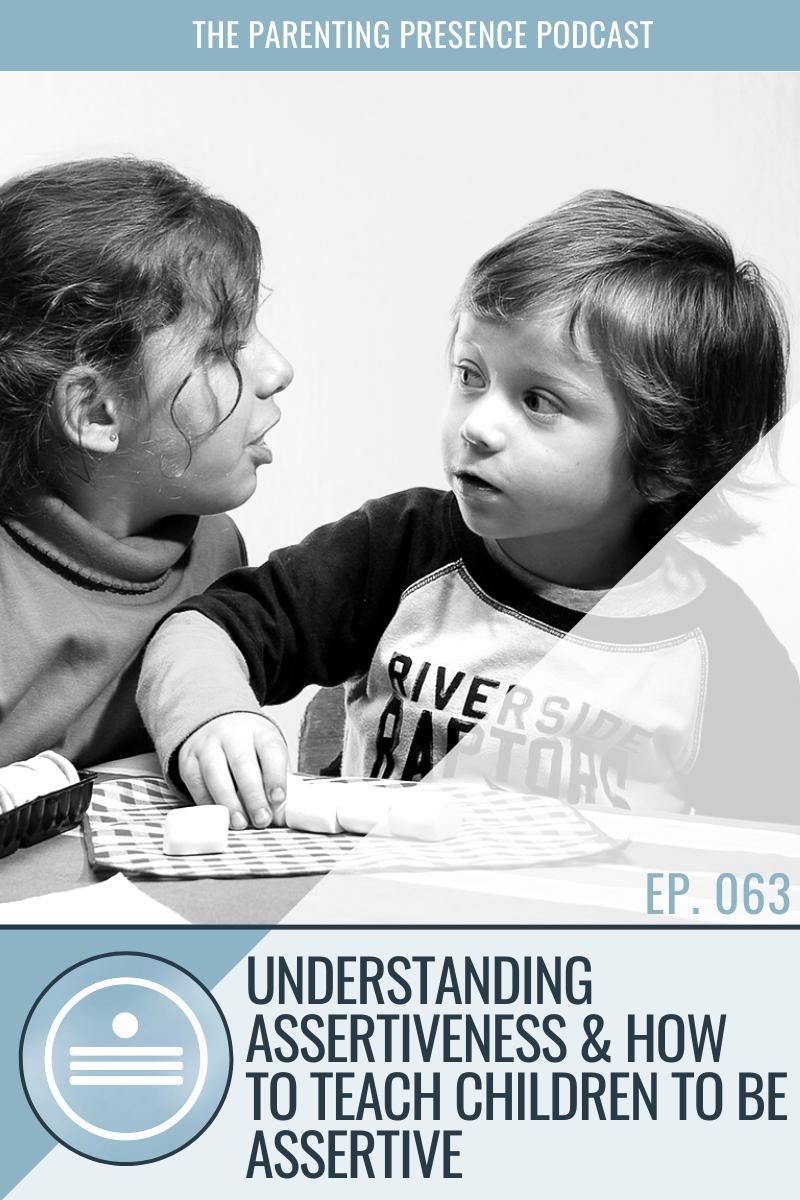
Assertiveness is that special quality we want our children to have. But what is it? And how do we get it? What can we do to make sure our children become more assertive?
Assertiveness is important, we know that. But how would you define it? Without a good definition, we may have difficulty understanding what we need to do. What are we after? When we want children to be more assertive, what is it actually that we want them to be able to do?
Feeling lost? You are not the only one. I often hear from parents that they want their children to develop assertiveness, but that they don’t even know where to begin. Here is something that became clear to me:
The trouble with assertiveness is not that it is complicated, but that it has vague definitions.
For example, definitions of assertiveness often include things like “healthy communication” and “being willing to understand others.” What does that even mean? Can it get any more vague? And some other definitions also include words and connotations that we may not be comfortable with, such as “forceful” or “aggressive.” I mean, who wants to teach their child to be more aggressive?
When we operate with definitions like that, no wonder why we feel confused or conflicted. You need a better definition, the one that gets to the core of what assertiveness is about. Here it is:
Assertiveness is the ability to say “no.”
Another way to say the same thing is that assertiveness is about — boundaries. If we want our children to be more assertive, we have to help them express their boundaries.
That is, truly, all you need to focus on.
No need to worry about all those ancillary qualities that accompany assertiveness, but do not “cause” it. When children are able to say “no,” defend their preference, express their needs and wants (especially when it may not be easy to do) — when they are able to do all that, you will see them confident, bold, daring, and assured.
Tune in to this episode of The Parenting Presence to hear:
- why proper definitions of assertiveness are important
- whether soft-spoken and shy children can be assertive
- three opportunities for children to practice assertiveness
- different ways of saying “no”
- what to keep in mind when children say “no” to us
And since we talk about boundaries quite a bit in this episode, I invite you to revisit boundaries-specific episodes. See links below.
Additional episodes relevant to this topic:
- Why Children Break Our Boundaries & How To Stop It From Happening (TPP 037)
- Overstepping The Child’s Boundaries, Mistakes To Watch Out For (TPP 028)
- Do Children Really Need Psychological Boundaries? (TPP 019)
- Everyday Opportunities To Teach Boundaries To Children (TPP 017)
- Teaching Boundaries To Children & The Importance Of Starting Early (TPP 016)
.
